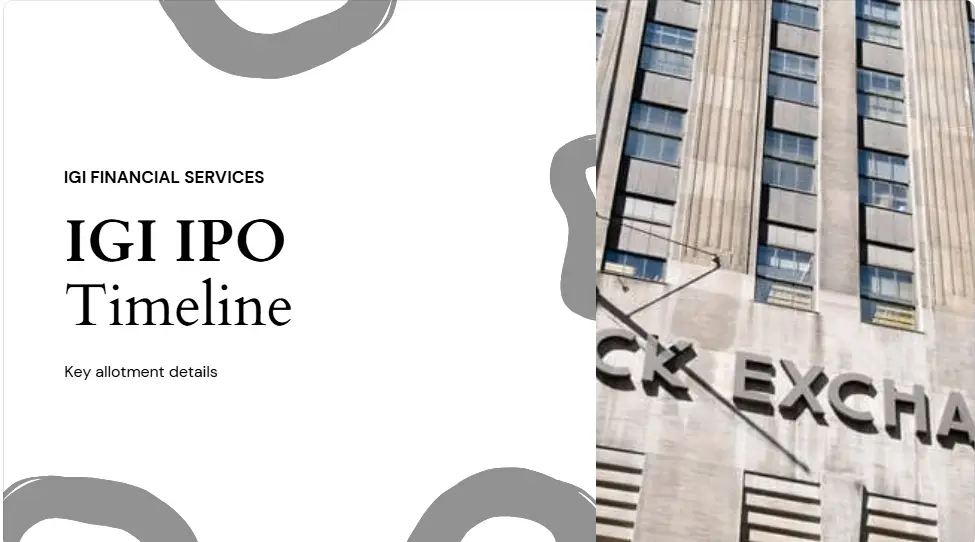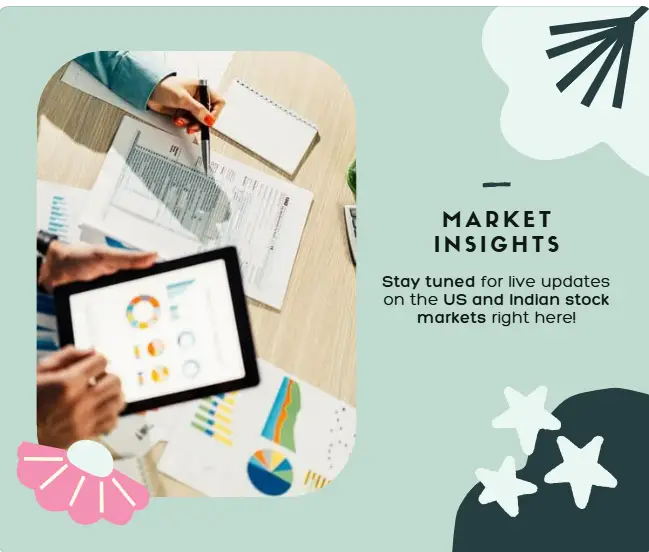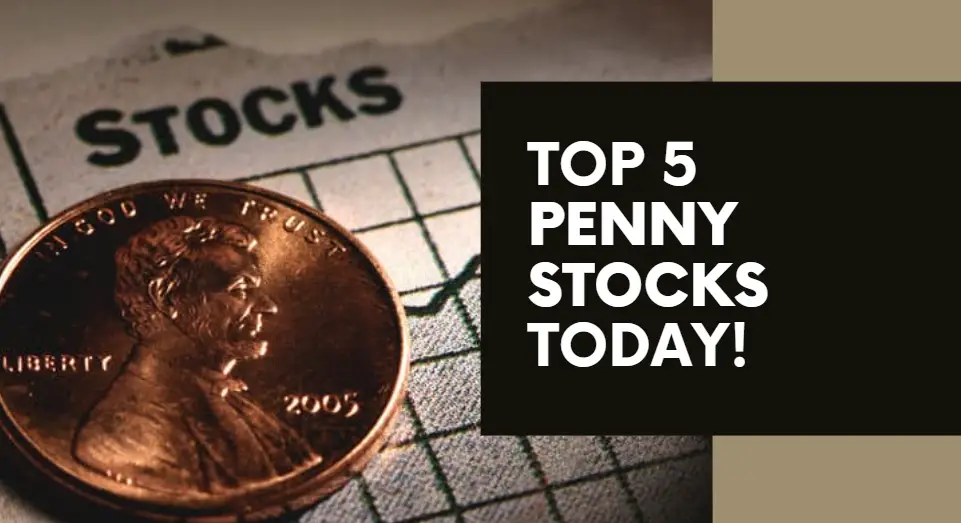Small-Cap Market Dashboard: Is a Correction Imminent?
A deep dive into the Nifty Small Cap index reveals critical warning signs. This dashboard provides a data-driven analysis of current valuations, historical precedents, and actionable strategies for investors navigating this high-risk environment.
Market Vitals: At a Glance
Valuation & Historical Context
June 2025 Snapshot: Small-Caps vs. Large-Caps
| Index | Current PE | 10-Year Avg PE | RSI (14-Day) | Status |
|---|---|---|---|---|
| Nifty Small Cap 100 | 26.0 | 19.7 | 81 | Overbought |
| Nifty Small Cap 250 | 29.7 | 21.4 | 79 | Overbought |
| Nifty 50 | 22.3 | 23.5 | 55 | Neutral |
The Price of Entry: PE Zones vs. Future Returns
Two decades of data show a clear inverse relationship between the entry PE ratio and subsequent 3-year returns. Buying cheap has historically outperformed buying expensive by a wide margin.
🚨 Red Flags: 4 Signals You Cannot Ignore
Valuation Disparity
The BSE Small Cap Index trades at a PE of 91, a massive premium to the NSE's 48, signaling speculative froth in certain pockets of the market.
Retail Euphoria
Funds with high-PE portfolios are attracting massive inflows, indicating that retail investors are chasing past performance at potentially risky valuations.
Narrow Market Rally
While 64% of small caps are significantly off their peaks, the index PE remains high. This suggests a few heavyweight stocks are masking underlying weakness.
Style Drift
Investors are favoring 'Value' and 'Momentum' over 'Quality' in 2024, a classic sign of a late-stage bull market where fundamentals take a backseat.
🛡️ Protective Strategies to Safeguard Your Portfolio
In an overvalued market, a defensive and disciplined approach is crucial. Here are three actionable strategies to protect and grow your capital.
Strategy 1: Filter for Quality
Don't buy the index; buy the best businesses within it. Focus on companies with strong financial DNA:
- ✅ Profitability: ROCE or ROE > 15% for 5+ years.
- ✅ Low Debt: Debt/Equity ratio < 0.2.
- ✅ Strong Cash Flow: OCF > 70% of Net Profit.
- ✅ Promoter Trust: Promoter holding > 50% with zero pledging.
This approach helps you avoid speculative stocks that are most vulnerable in a downturn.
Strategy 2: Use Dynamic SIPs
Automate discipline by varying your SIP amount based on the Nifty's valuation. Buy more when the market is cheap and less when it's expensive.
Strategy 3: Rotate to Quality
Quality-focused indices offer a compelling middle ground, providing better returns with lower volatility, especially during corrections.
Final Thoughts & The Long-Term View
While the immediate outlook demands caution, the long-term potential of small caps remains compelling. Historically, they have been the top wealth creators. The key is surviving the cycles.
My Advice: The years 2008, 2018, and 2020 taught us that buying at PE > 25 can lead to drawdowns of -65% to -80%. The current risk-reward is unfavorable. Be selective, stay disciplined with your SIPs, and prioritize quality over momentum. A balanced approach will not only preserve your capital but position you to benefit from the inevitable recovery.
Frequently Asked Questions
The PE ratio measures investor sentiment and valuation. At 26X, it's 32% above its long-term average, indicating that stock prices have grown much faster than company earnings, signaling overvaluation and high risk.
The RSI measures the speed and change of price movements. A reading above 70 (and especially 80) suggests an asset is "overbought" and due for a correction. The current level of 81 is a strong historical warning sign.
It's a dynamic investment strategy. When the Nifty PE is high (>25), you invest less (e.g., 0.5X your normal amount). When it's low (<15), you invest more (e.g., 3X). At the current PE of 22.3, you'd invest your normal 1X amount.
Focus on a strong balance sheet (Debt/Equity < 0.2), consistent profitability (ROCE > 15%), and healthy cash flows (Operating Cash Flow > 70% of profit). These factors indicate a resilient business that can survive economic downturns.
Now is a prime time to consider it. When broad market valuations are high and risks are elevated, shifting to a quality-focused index can provide downside protection while still participating in long-term growth.







Pingback: BSE Small Cap PE Ratio Today – Updated Valuation and PB Ratio - Tech Venture Spot